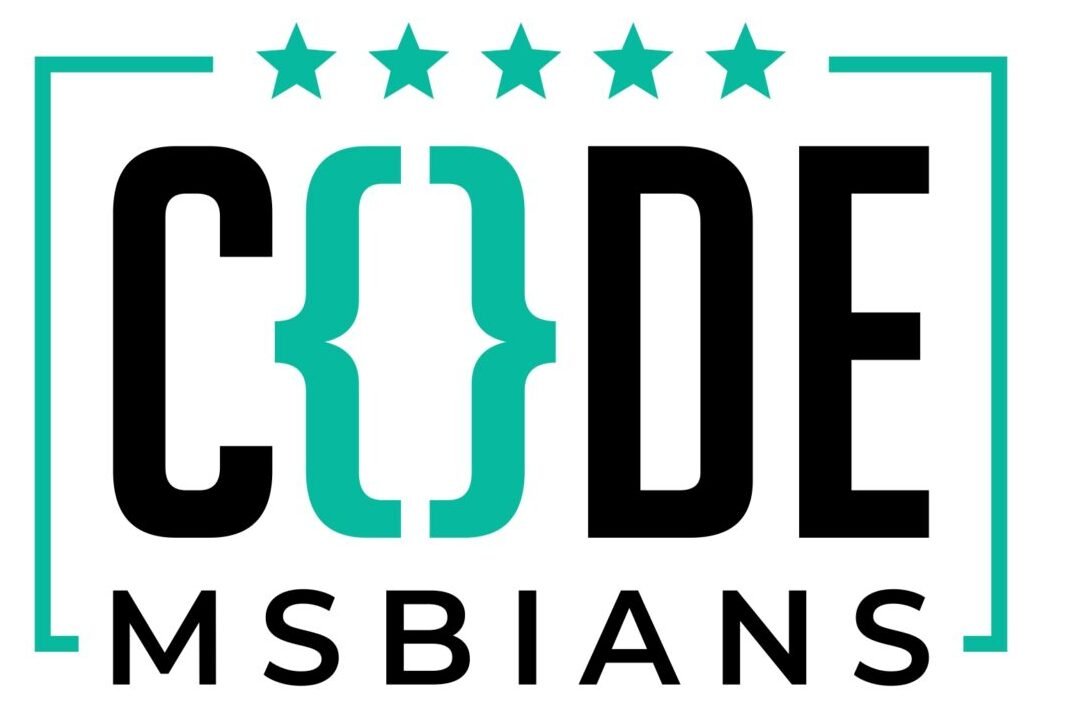Math is one of the most important subjects any child can ever learn – but it’s also a subject many children struggle with.
As a parent or teacher, you may be wondering how to make math easier for your child.
The good news? It’s absolutely possible.
With the right mindset, tools, and daily habits, you can help your child not only understand math but enjoy it too.
In this blog, we’ll share 7 powerful and practical tips that can take math from frustrating to fun – and develop strong skills that will last a lifetime.
Why do kids find math hard?
Before we get to the solutions, let’s understand the problem. Let’s look at a few key reasons why many children struggle with math:
🧠 Abstract concepts: Numbers can seem meaningless without a real-world context.
📝 Too much pressure: Testing, comparison, and fear of failure create anxiety.
🏫 Poor teaching methods: If learning isn’t interesting, children become isolated.
Lack of confidence: A bad experience can create a long-term fear of maths.
If we want to fix this, we need to change the way we teach and talk about maths.
7 practical tips to make maths easier for children
Here’s how you can help your child build confidence, skill and even joy in learning maths:
✅ 1. Make maths part of everyday life
The best way to teach maths is to connect it to real life:
Get your child involved in the kitchen by letting them measure ingredients—it’s a fun way to practice math.
Let them count change or calculate prices when shopping.
Use maths when planning travel plans, birthdays or even screen time.
This shows children that maths is useful, not just something from a textbook.
✅ 2. Use visual aids and hands-on tools
Kids learn best when they can see and touch what they are learning.
Try number lines, fraction circles or abacus beads.
Use coloured paper or blocks to show patterns and equations.
Watch math explainer videos that use real objects.
This approach turns complex concepts into hands-on, easy-to-grasp ideas.
✅ 3. Play math-based games
Who said math has to be boring? Make it a game!
Board games like Monopoly, Uno or Snakes and Ladders teach numbers and logic.
Try math puzzles, riddles or Sudoku for a fun brain exercise.
Try free learning sites such as Prodigy, Math Playground, or CoolMathGames to make learning fun.
Play turns learning into something your child looks forward to.
✅ 4. Break big concepts into smaller steps
A big math topic (like fractions or multiplication) can be overwhelming to a child. Break it down:
Begin with simple topics and gradually introduce more advanced ideas.
Turn everyday moments—like slicing a pizza—into engaging math lessons about fractions.
Give them time to master one step before moving on.
Step-by-step learning builds confidence and long-term memory.
✅ 5. Encourage questions and curiosity
Welcome your child’s “why” and “how” questions—it shows they’re curious and ready to learn.
Don’t rush to answer – ask what they think first.
Take every mistake as a learning opportunity.
Say “let’s solve this together” instead of “this is wrong.”
This builds a growth mindset, where effort matters more than perfection.
✅ 6. Make learning fun and interactive
Mix things up to keep your child engaged:
Use math stories, apps, or short videos
Make up silly songs or rhymes for formulas
Turn homework into a mini-challenge or timed activity
When kids enjoy the process, results are naturally better.
✅ 7. Celebrate progress, not just results
Every little success counts.
Praise effort: “You worked hard on this!”
Track progress with stars, stickers, or fun milestones
Avoid phrases like “You should have known this” – instead, say “You’re getting better every day!”
Encouragement helps overcome fear and replace it with motivation.
Best Resources to Help Your Child Learn Math
Here are some free and effective resources you can explore:
🌐 Khan Academy Kids offers interactive learning through engaging videos and quizzes.
🧩 Math Playground – fun games and puzzles
📱 Prodigy – a fantasy role-play math game that kids love
📘 Math workbooks and printable worksheets (Google or Pinterest are great)
📺 YouTube channels like “Math Antics” or “Numberphile”
Mistakes to Avoid When Helping With Math
Even with the best intentions, certain habits can hold your child back:
🚫 Avoid comparing progress—each child develops their skills on a timeline that’s uniquely their own.
🚫 Avoid saying “I was bad at math too” – this sends the message that the struggle is permanent
🚫 Never use math as a punishment – this creates negative feelings around the subject
Instead, use a Create a positive, patient environment.
When to seek extra help
If your child shows signs of deep frustration, procrastination, or low performance:
Ask a friendly math tutor or small group




